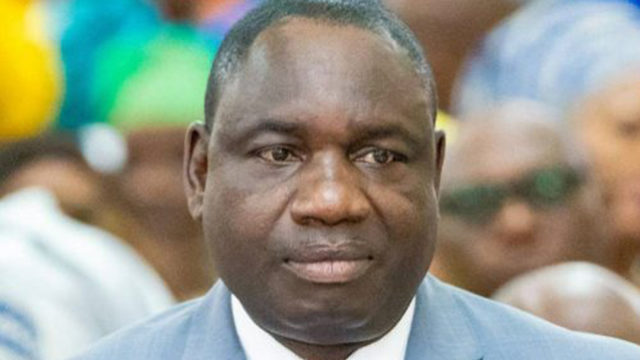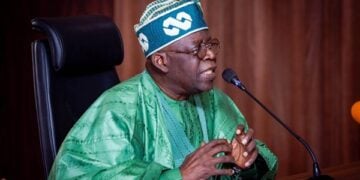Lagos State commissioner for information and strategy, Mr Gbenga Omotoso, has tasked Lagos residents to play an active role in the infrastructure development drive of the state by engaging the government to enhance the quality of their life.
He stated this at the monthly Citizens Accountability and Rights Forum discourse in collaboration with the Committee for Defence of Human Rights (CDHR) and Centre for Anti-Corruption and Open Leadership (CACOL) held at The Rights House in Lagos.
Omotoso, represented by an assistant director in the ministry, Odumade Mobolaji, urged citizens to participate in programmes where decisions would be taken on infrastructure projects and development in the state.
He noted that their active participation and feedback would ensure that projects undertaken by the government serve public interests.
“We should not sit back and say it is the government’s project. At the end, it’s not for the government; these projects benefit the community. I encourage every one of us to actively engage with and support government initiatives. Moreover, do not hesitate to speak out and hold us accountable when we fall short or make mistakes,” he said.
Convener of Citizens Accountability and Rights Forum (CARF), Debo Adeniran, remarked that the forum is for the implementer and the beneficiaries of government infrastructure to have a major role to play in infrastructure development of the states.
He remarked that the infrastructure development in Lagos State is a dynamic and evolving process, largely due to Lagos’ status as a fast-growing megacity and economic powerhouse in Africa.
He reiterated that challenges like population explosion, funding constraints and environmental concerns require continued investment in urban planning, and strong public-private partnerships to ensure that Lagos evolves into a sustainable megacity capable of supporting its population and economic ambitions.
On his part, the special adviser for Political, Legislative and Civil Engagement, Dr Abiodun Tajudeen, appealed to the residents to ensure that the state’s infrastructure are protected.





